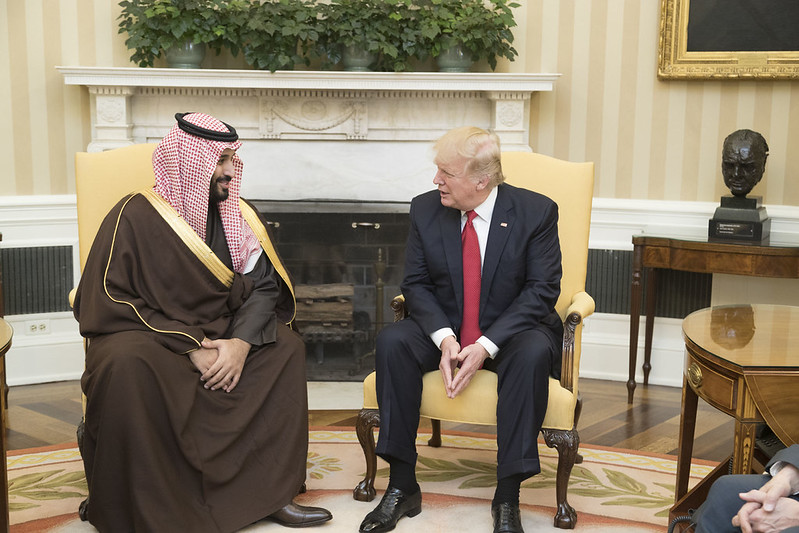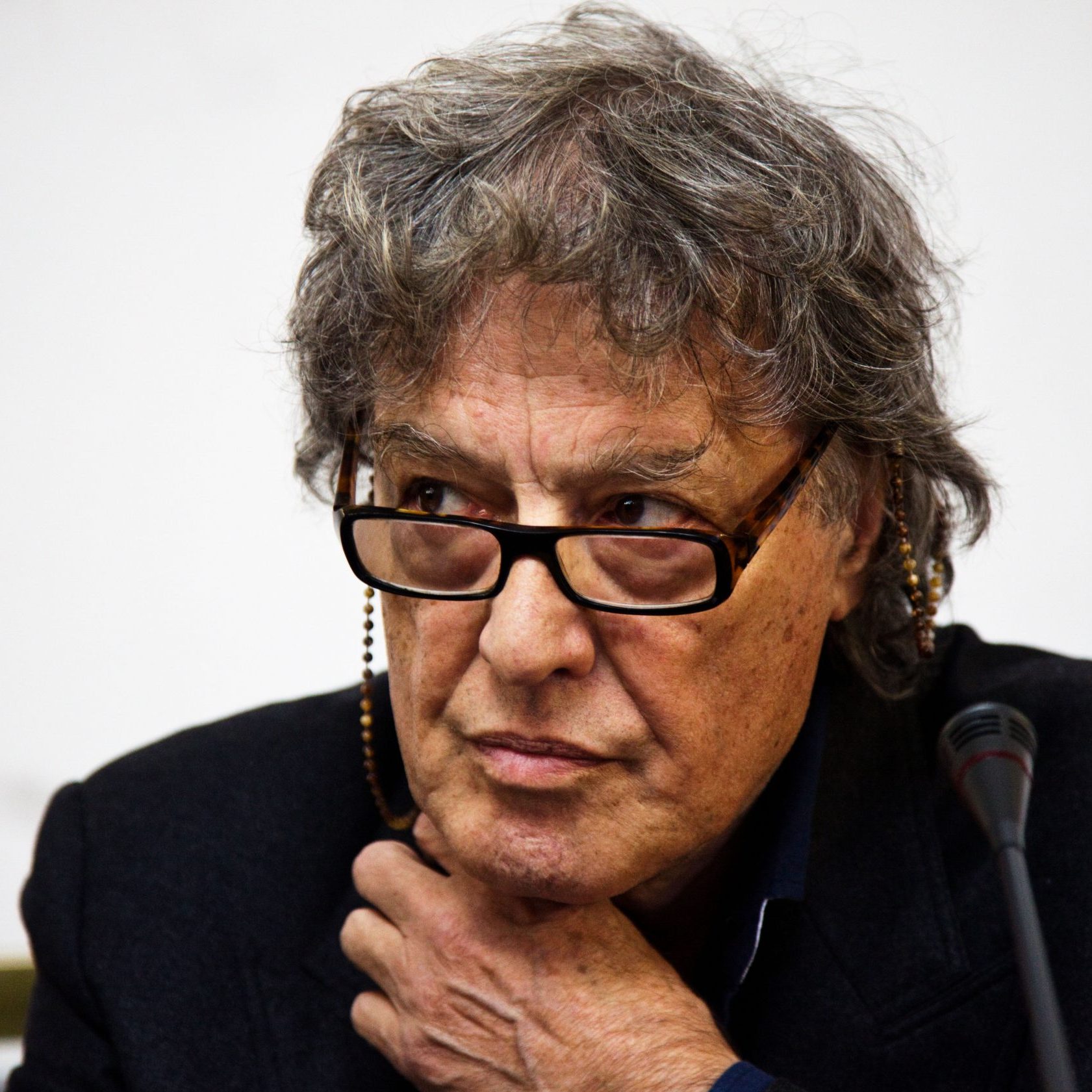
A St Petersburg court has confirmed that the police raid on Gulag archive Memorial was illegal
A small victory for historical justice was won in the courts of St Petersburg last week. In a final ruling on the police raid of the
Memorial archives in St Petersburg, on 6 May the City Court of St Petersburg upheld the decision of an earlier court ruling that the raid carried out on 4 December had been illegal because no lawyer had been present for Memorial — a procedural violation under Russian law.
In legal terms, it is only a partial victory for Memorial, which had listed several other procedural violations in its appeal against the raid on 20 January. Politically it leaves the human rights and historical research society in no less danger of repression by the Russian state — for the City Court insisted that the raid was “justified”, although it was illegal.
But in practical terms it is a significant victory. For the court ruled that the 12 hard disks containing the archives — invaluable data on the history of repression in the Soviet Union — must now be returned to Memorial in St Petersburg.
The raid took place on 4 December, when a group of masked men from the Investigative Committee of the Russian General Prosecutor’s Office forced their way with police truncheons into the St Petersburg offices of Memorial, which for 20 years has pioneered the research of Stalinist repressions in the Soviet Union.
After a search the men confiscated hard-drives containing the entire archive of Memorial in St Petersburg: databases containing biographical information on more than 50,000 victims of repression; details about burial sites in the St Petersburg area; family archives, memoirs, letters, sound recordings and transcripts of interviews, photographs and other documents about the history of the Gulag and the Soviet Terror from 1917 to the 1960s (including the materials I collected with Memorial in St Petersburg for my book The Whisperers).
Among the confiscated items was the entire collection of materials in the Virtual Gulag Museum, a much-needed initiative to rescue precious artifacts, photographs and documents from more than a hundred small exhibits under threat across Russia (a country where there is just one substantial museum of the Gulag, Perm-36, in the Urals).
A spokesman for the Investigative Committee of the Russian General Prosecutor’s Office said the raid was part of an investigation of a criminal case involving the publication of an article inciting racial hatred in a local newspaper, Novy Peterburg, in June 2007. There is no evidence of any connection between Memorial and Novy Peterburg, or with the author of the article.
On 20 January, an appeal against the raid (which was carried out with a number of illegal irregularities) was upheld by the Dzerzhinsky Regional Court in St Petersburg, which ordered the return of all the confiscated materials to Memorial. On 24 February, this decision was overturned by the City Court of St Petersburg after an appeal by the Procuracy of St Petersburg.
It seems fairly clear that the aim of the raid was to intimidate Memorial, which has long been the target of political attacks by the Russian government. The human rights wing of Memorial has been very critical of the Putin and Medvedev governments, particularly over Chechnya.
But the raid is also part of a broader ideological struggle over Soviet history and memory. It was timed to coincide with a large international conference entitled “Moscow on The History of Stalinism: Results and Problems of Study” — the first conference on such a scale. As if to underline the political motive of the raid, conference delegates were given complimentary copies of a special issue of Russkii Zhurnal (Russian Journal), On the Politics of Memory, in which there were two vicious attacks on Memorial, one by Gleb Pavlovsky, the journal’s editor and a presidential adviser, in an article entitled Bad with Memory – Bad with Politics.
Russkii Zhurnal aims to create an intellectual base for Putin’s pseudo-democracy. The attacks on Memorial are part of a broader ideological campaign led by figures close to the Kremlin for the rehabilitation of Stalin. The aim is not to deny Stalin’s crimes but to emphasise his achievements as the builder of the country’s “glorious Soviet past”.
At a conference in June 2007, Putin called on Russia’s schoolteachers to portray the Stalin period in a more positive light. It was Stalin who made Soviet Union great, who won the war against Hitler, and his “mistakes” were no worse than the crimes of western states, he said. Textbooks dwelling on the Great Terror and the Gulag have been censored; historians attacked as “anti-patriotic” for highlighting Stalin’s crimes.
The presidential administration has promoted its own textbook, The Modern History of Russia, 1945-2006: A Teacher’s Handbook. According to one of its authors, the Kremlin propagandist Pavel Danilin, its aim is to present Russian history “not as a depressing sequence of misfortunes and mistakes but as something to instill pride in one’s country. This is precisely how teachers must teach history and not smear the Motherland with mud.” Danilin is a close associate of Gleb Pavlovsky and writes frequently for Russkii Zhurnal.
Memorial in St Petersburg will now begin the lengthy technical process of checking through the 12 confiscated disks to find out whether they have suffered any damage or loss of material while they were in the hands of the police.
In a statement announcing the return of the hard disks, Tatiana Kossinova of Memorial thanked supporters from around the world, who signed letters and petitions in their thousands protesting against the raid. Thanks are due to all those who signed the petition on Index on Censorship. “This is our common victory,” Kossinova said.
Perhaps our victory goes to show that the rule of law can be made to work in Russia when the world is watching it.




